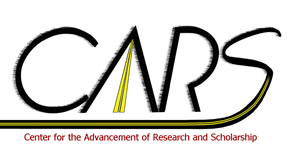Supporting Literacy Education in Nicaragua through Teacher Professional Development
Location
Hart 116
Start Time
13-5-2016 1:00 PM
End Time
13-5-2016 1:30 PM
Description
Nicaragua has the highest dropout rate in Latin America (52%) and, as a result, 22% of Nicaragua’s population is illiterate. Many of Nicaragua’s teachers, especially in the rural areas, are undertrained with only 75% of teachers completing secondary school, teacher preparation at a normal school, or a university education. This session shares the results of literacy needs assessments conducted in ten primary schools in rural Nicaragua and how literacy instruction in these schools is being supported with a constructivist approach to teacher professional development. This model of professional development provides educators with opportunities to collaboratively discuss and experience ways to engage their primary school students in meaningful, authentic literacy instruction. The session will conclude with a plan to provide long-term, sustainable professional development and consulting to support literacy education in Nicaragua’s rural, primary schools. The 2015 Jordan D. Fiore Award for Social Justice funded this professional development project.
Supporting Literacy Education in Nicaragua through Teacher Professional Development
Hart 116
Nicaragua has the highest dropout rate in Latin America (52%) and, as a result, 22% of Nicaragua’s population is illiterate. Many of Nicaragua’s teachers, especially in the rural areas, are undertrained with only 75% of teachers completing secondary school, teacher preparation at a normal school, or a university education. This session shares the results of literacy needs assessments conducted in ten primary schools in rural Nicaragua and how literacy instruction in these schools is being supported with a constructivist approach to teacher professional development. This model of professional development provides educators with opportunities to collaboratively discuss and experience ways to engage their primary school students in meaningful, authentic literacy instruction. The session will conclude with a plan to provide long-term, sustainable professional development and consulting to support literacy education in Nicaragua’s rural, primary schools. The 2015 Jordan D. Fiore Award for Social Justice funded this professional development project.

Comments
Moderator: Erin O'Connor